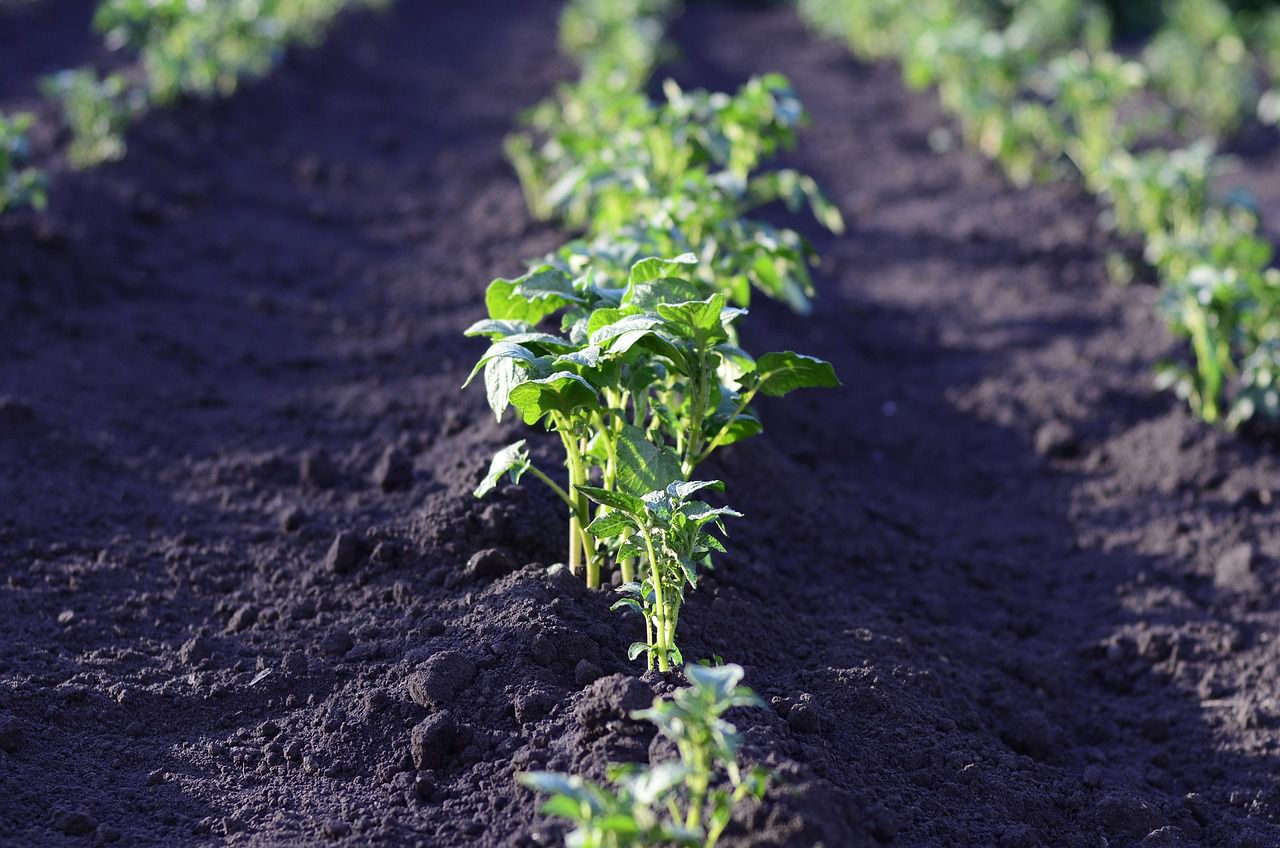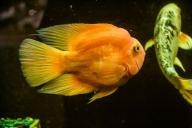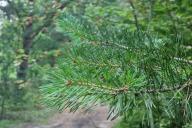First, it is worth saying a few words about what straw is and how it differs from hay.
Straw and hay are two agricultural materials that are often confused by people outside of farming.
Hay is simply dried grass, usually obtained from meadows that have been sown for animal feed.

Straw is the stalks of cereal crops (oats, wheat, corn, barley, rye, sorghum, rice) that remain after threshing.
The first use of straw is to effectively protect crops from the cold. It is a really good insulator, which is especially useful in
regions with harsh winters.
Straw can also be used to mulch the trunk circles of trees and shrubs, which will protect the roots from freezing.
Straw protects the soil from the sun and heat, limiting evaporation of irrigation or rainwater and drying out due to wind.
It also forms a very useful protective coating for microorganisms living in the soil. Another important benefit of mulching is that it prevents crusting of the soil, especially clay soil.
Straw is an attractive shelter for many beneficial insects (lacewings, ladybugs, ground beetles, earwigs), which will protect your crops from pests and prevent their reproduction during the summer.
To prevent fruits and vegetables from being in direct contact with the ground, to keep them clean and to prevent them from rotting in damp weather, straw can be placed under tomato, pepper, strawberry, fruit tree and shrub bushes.
Straw isolates young weed shoots from light, preventing their development. Thus, it can serve as a natural defense against the spread of weeds.
As straw decomposes, it releases nutrients that enrich the soil. In addition, it is not subject to the risk of compaction or fermentation, like other materials used for mulching.
For which crops
You can use straw in almost every corner of the garden and for mulching any crop (strawberries, pumpkins, tomatoes, beans, peas).
However, avoid mulching all types of onions (shallots, onions, etc.) as they do not require additional moisture.
Earlier we talked about why gardeners water their beds after rain .








